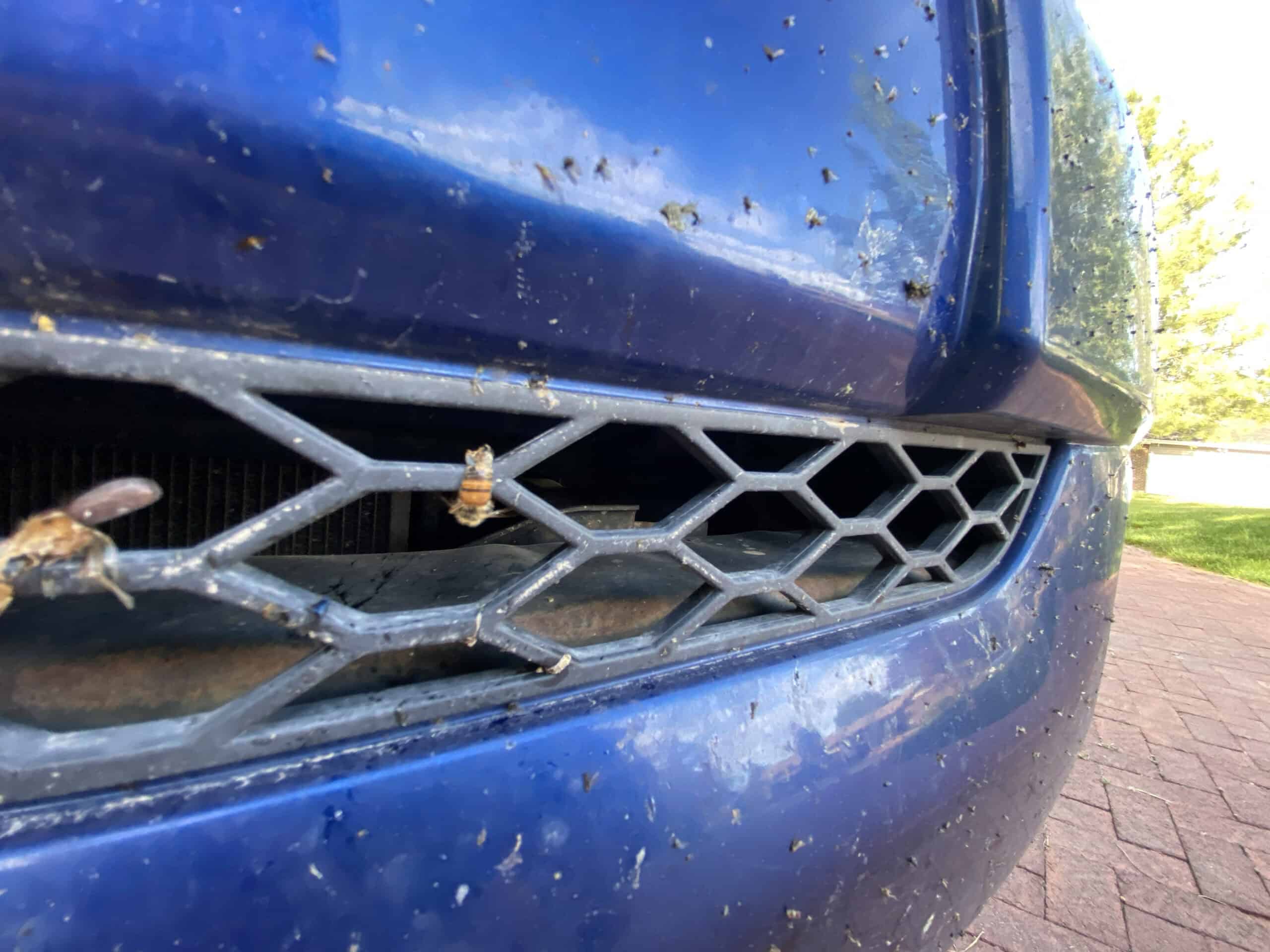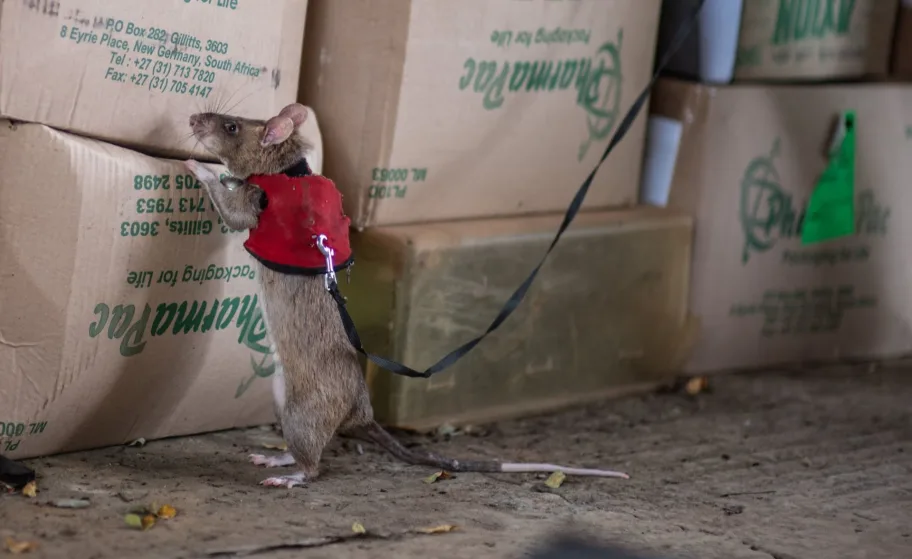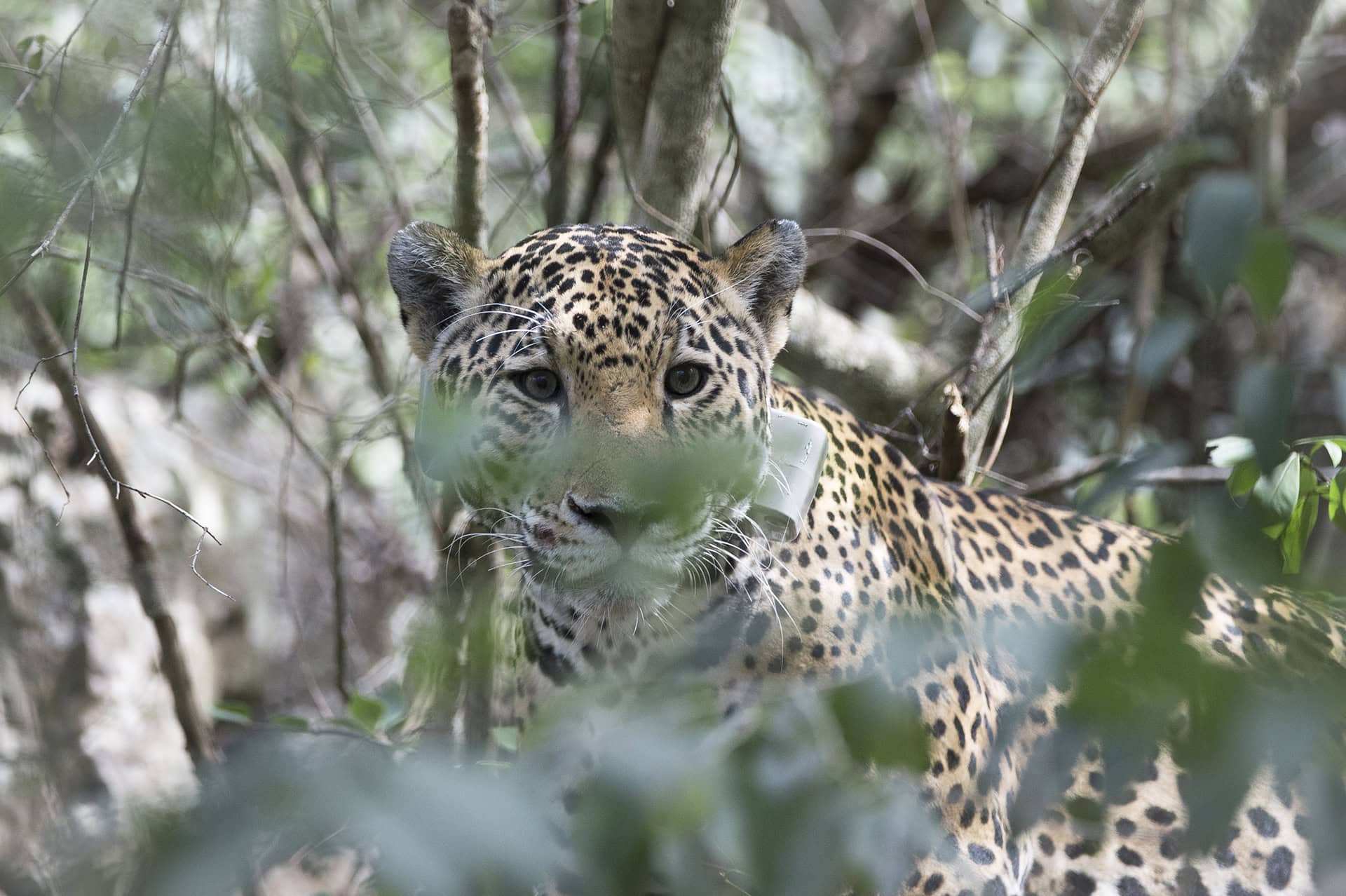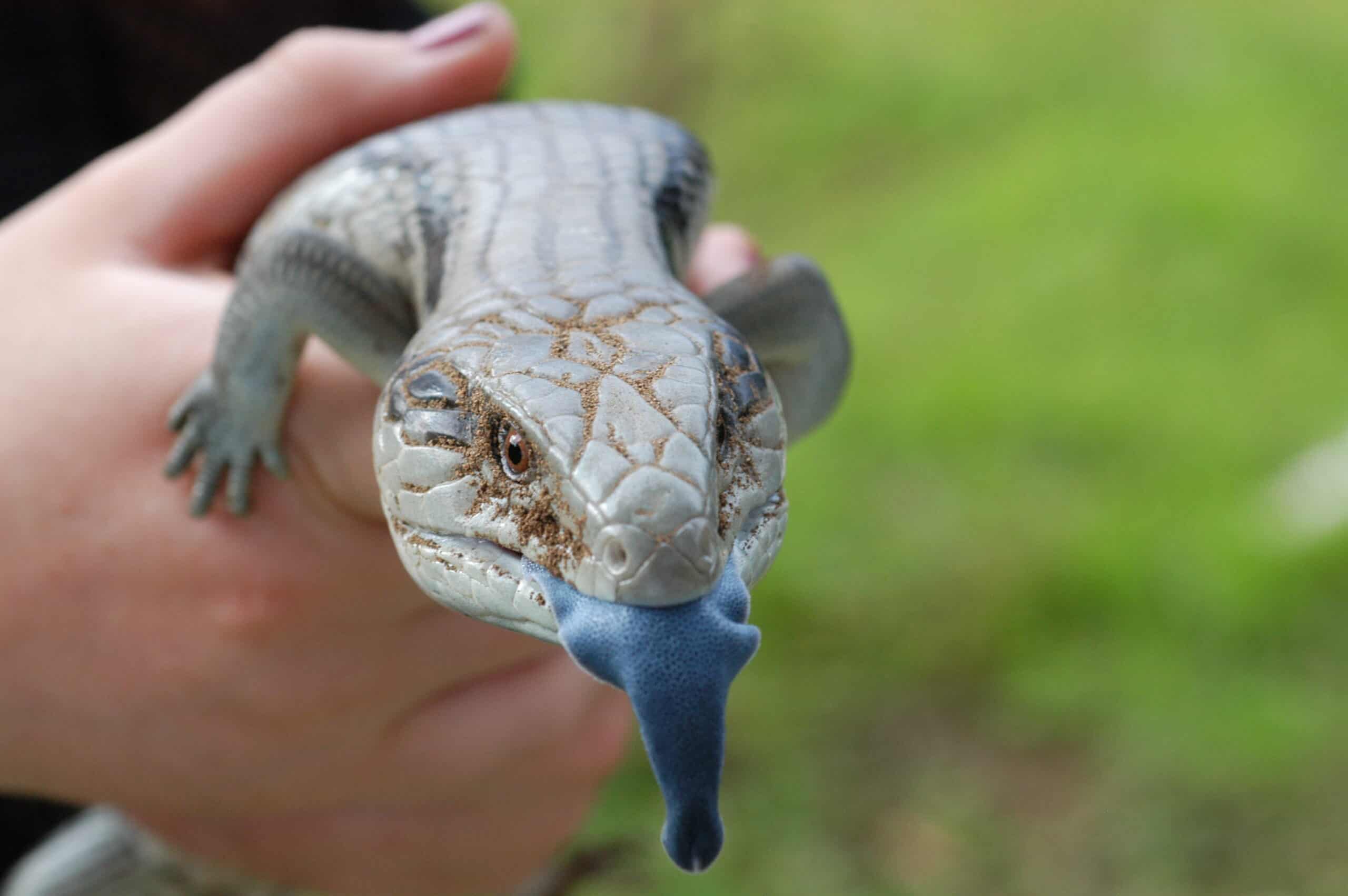Share this article
Wildlife Featured in this article
- Bee
Bees face road morality
As visitors—and traffic—increase in national parks in the western U.S., bees are facing more vehicle collisions
Tens of millions of bees are dying in road collisions every day on western U.S. highways, researchers found. Bees, like many other insects, are facing declines in the U.S. “Bees are keystone species that support plant diversity and reproduction,” said Joseph Wilson, an evolutionary ecologist and professor in the Department of Biology at Utah State University Tooele, in a press release. “Understanding how we can support pollinators at a landscape scale is an important step toward the protection of these important insects.” In a study published in Sustainable Environment, Wilson and his colleagues attached sticky traps to car bumpers to determine how many bees collided with vehicles on highways in the western U.S. The researchers suspect the high bee mortality, especially in deserts, is related to water runoff from roads creating flowering plants on roadsides that attract pollinators. The team also found that the highest bee mortality from vehicles occurred near national parks, where visitation has increased along with traffic. “We’ve raised a lot of questions,” Wilson said. “More research is needed to better understand how roads and roadside habitats are impacting insect movement, along with ways roadway design and maintenance, as well as vehicle designs, can be less detrimental to these pollinators.”
Header Image: Millions of bees die in vehicle collisions along western U.S. highways. Credit: Joseph S. Wilson








